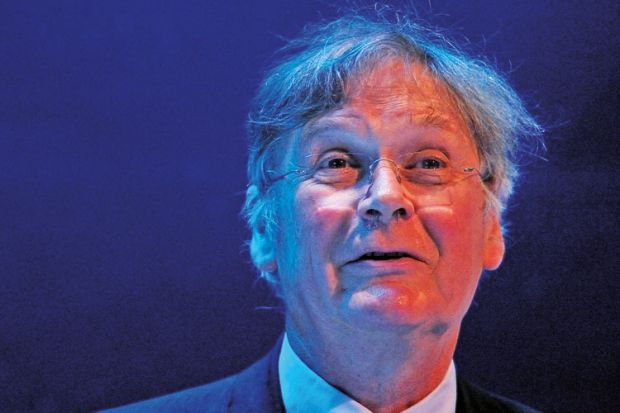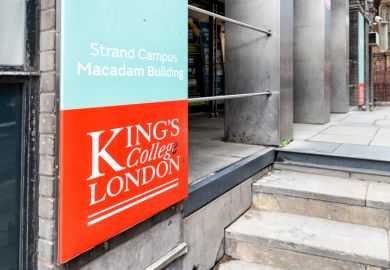The governing council of University College London has reviewed the circumstances surrounding the resignation of honorary professor Sir Tim Hunt after his “trouble with girls” comments.
In a statement released on 9 July, UCL said that there were “lessons to be learned” about the communication process but that it would not be appropriate to reinstate the Nobel prizewinner.
It added that it “recognises the distress caused to Sir Tim and Professor Mary Collins”, his wife, who also works at the institution.
Speaking at an event in South Korea for science journalists in June, Sir Tim said that “girls” fall in love with men while working in laboratories and cry when they are criticised. He also reportedly said that he was in favour of single-sex laboratories.
Sir Tim apologised for the comments in a pre-recorded message for BBC Radio 4’s Today programme broadcast on 10 June, and added that he had intended his remarks to be humorous.
The story garnered a huge amount of press coverage, and Sir Tim subsequently resigned from his honorary professorship in the Faculty of Life Sciences at UCL and from positions on the Royal Society’s Biological Sciences Awards Committee and the European Research Council’s science committee.
Professor Collins subsequently spoke out in an interview with The Observer newspaper saying that UCL had pressured Sir Tim to resign without asking for his side of the story and had offered no support to either scientist.
UCL said that it had now reviewed “all of the circumstances” of Sir Tim’s resignation.
In a statement, the institution said: “Having seen the relevant correspondence, including the exchange of emails between Sir Tim and UCL, the council is satisfied that his resignation was accepted in good faith.
“The subsequent extent of media interest was unprecedented, and council recognises the distress caused to Sir Tim and Professor Mary Collins. Council acknowledges that all parties agree that reinstatement would be inappropriate,” it added.
“Council recognises that there are lessons to be learned around the communication process. Consequently it has requested that the executive undertake a review of its communications strategy,” it said.
Sir Tim became a fellow of the Royal Society in 1991 and he was awarded the 2001 Nobel Prize in physiology or medicine with Sir Paul Nurse and US researcher Lee Hartwell.
Register to continue
Why register?
- Registration is free and only takes a moment
- Once registered, you can read 3 articles a month
- Sign up for our newsletter
Subscribe
Or subscribe for unlimited access to:
- Unlimited access to news, views, insights & reviews
- Digital editions
- Digital access to THE’s university and college rankings analysis
Already registered or a current subscriber? Login








